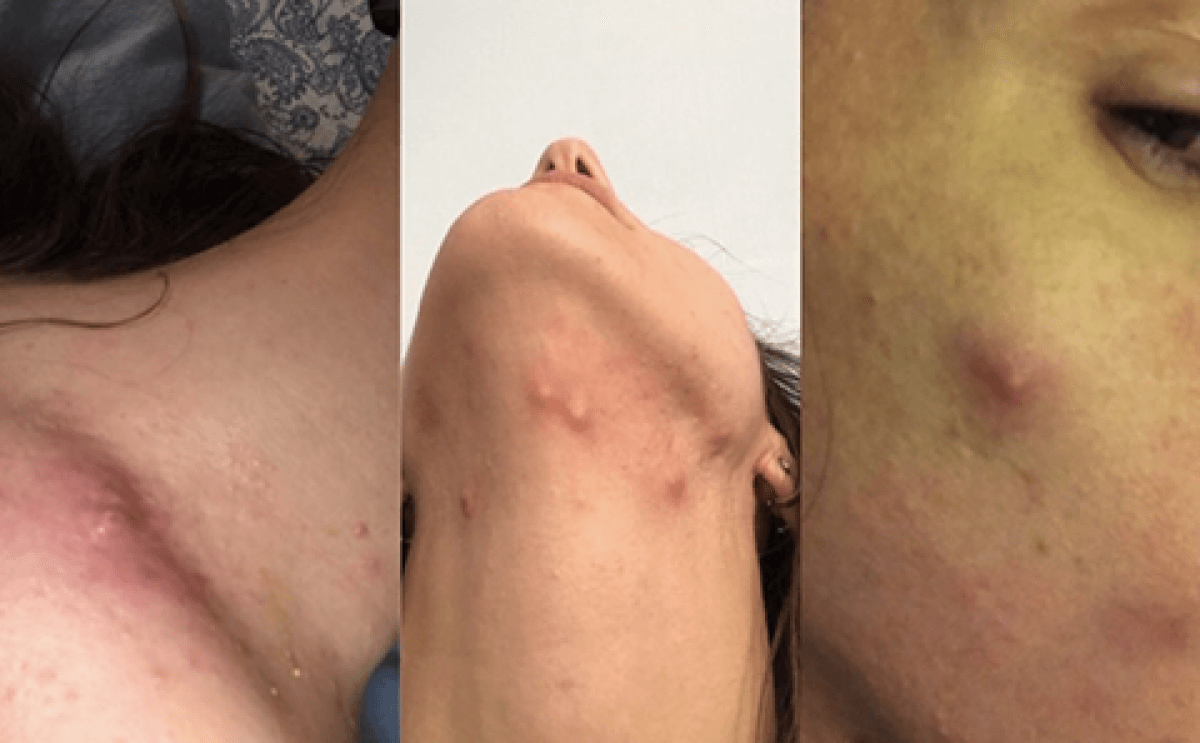SOUTHAMPTON, United Kingdom — Acne can be a huge burden for anyone, but it can be an especially difficult struggle for women. Typically, dermatologists prescribe creams and gels, but if they don’t work, the next option is antibiotics. With the rising concern for antibiotic resistance, however, University of Southampton researchers have discovered an acne-curing alternative — a drug called spironolactone typically for patients dealing with high blood pressure.
“For several years, dermatologists have been prescribing a drug called spironolactone to treat severe acne,” says study co-leader Professor Alison Layton from Harrogate and District NHS Foundation Trust and the Skin Research Centre at the University of York. “This is a cheap medication which has been used for decades in the treatment of high blood pressure. The drug also reduces the main hormone that leads to the development of acne.”
“However, previous studies of spironolactone for acne have been very small and there was no definitive proof that it actually worked,” Prof. Layton adds in a university release.
To conduct this work, called the SAFA trial, researchers recruited over 400 adult women suffering with persistent acne for over six months. This population would normally fit the bill for prescriptions of oral antibiotics as their next treatment. Half received spironolactone, and the other half took a placebo. Participants completed questionnaires on their acne and quality of life at the beginning of the trial, then 12 and 24 weeks later.

“The results showed that the women taking spironolactone saw a significant improvement in their acne after 12 and 24 weeks compared to those on the placebo,” says study co-leader Professor Miriam Santer, a general practitioner and Professor of Primary Care Research at the University of Southampton.
“A significantly higher proportion of people also reported that they felt satisfied that their skin had been helped compared with those receiving placebo, and any side effects were uncommon and very minor. These results show that spironolactone could offer an alternative to antibiotics for many women with persistent acne to use alongside topical acne treatments,” she adds.
One participant, Kelly Cornick, thought nothing would work for her severe acne that started in her teens. The 39-year-old woman tried creams, antibiotics, and even birth control, to no avail.
“It was embarrassing. People would stare and you almost feel that they’re looking at you like you’re dirty and don’t wash properly. I think the worst thing for me was when one of my nieces said: ‘have you got chicken pox’. She was only about two and kids are always quite honest, but that’s how bad it looked. It used to get me down. I’m a confident person but my skin just took over how I felt a lot of the time,” the study participant says.
Spironolactone helped her tremendously during the trial. She still takes the drug and has been successfully acne-free for over two years.

“Knowing how much it’s helped me, I hope that other people will now be given this treatment as an option instead of just trying the antibiotics. I want people to be able to experience it, because everyone should feel confident and happy, and not have spots.”
The team hopes that this trial helps to boost the confidence of dermatologists in prescribing spironolactone for their patients with severe acne.
The findings are published in The BMJ.
You might also be interested in:

